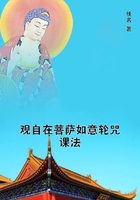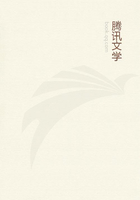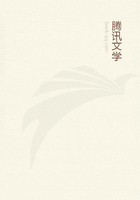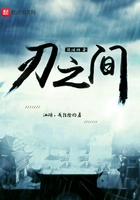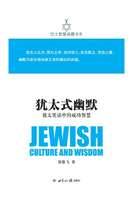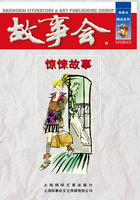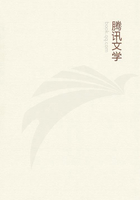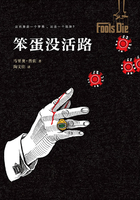During the time that I had charge of the Indians and the night-school at Hampton, I pursued some studies myself, under the direction of the instructors there. One of these instructors was the Rev. Dr. H.B. Frissell, the present Principal of the Hampton Institute, General Armstrong's successor.
In May, 1881, near the close of my first year in teaching the night-school, in a way that I had not dared expect, the opportunity opened for me to begin my life-work. One night in the chapel, after the usual chapel exercises were over, General Armstrong referred to the fact that he had received a letter from some gentlemen in Alabama asking him to recommend some one to take charge of what was to be a normal school for the coloured people in the little town of Tuskegee in that state. These gentlemen seemed to take it for granted that no coloured man suitable for the position could be secured, and they were expecting the General to recommend a white man for the place. The next day General Armstrong sent for me to come to his office, and, much to my surprise, asked me if I thought I could fill the position in Alabama. I told him that I would be willing to try.
Accordingly, he wrote to the people who had applied to him for the information, that he did not know of any white man to suggest, but if they would be willing to take a coloured man, he had one whom he could recommend. In this letter he gave them my name.
Several days passed before anything more was heard about the matter. Some time afterward, one Sunday evening during the chapel exercises, a messenger came in and handed the general a telegram.
At the end of the exercises he read the telegram to the school.
In substance, these were its words: "Booker T. Washington will suit us. Send him at once."
There was a great deal of joy expressed among the students and teachers, and I received very hearty congratulations. I began to get ready at once to go to Tuskegee. I went by way of my old home in West Virginia, where I remained for several days, after which I proceeded to Tuskegee. I found Tuskegee to be a town of about two thousand inhabitants, nearly one-half of whom were coloured.
It was in what was known as the Black Belt of the South. In the county in which Tuskegee is situated the coloured people outnumbered the whites by about three to one. In some of the adjoining and near-by counties the proportion was not far from six coloured persons to one white.
I have often been asked to define the term "Black Belt." So far as I can learn, the term was first used to designated a part of the country which was distinguished by the colour of the soil.
The part of the country possessing this thick, dark, and naturally rich soil was, of course, the part of the South where the slaves were most profitable, and consequently they were taken there in the largest numbers. Later, and especially since the war, the term seems to be used wholly in a political sense--that is, to designate the counties where the black people outnumber the white.
Before going to Tuskegee I had expected to find there a building and all the necessary apparatus ready for me to begin teaching.
To my disappointment, I found nothing of the kind. I did find, though, that which no costly building and apparatus can supply,--hundreds of hungry, earnest souls who wanted to secure knowledge.
Tuskegee seemed an ideal place for the school. It was in the midst of the great bulk of the Negro population, and was rather secluded, being five miles from the main line of railroad, with which it was connected by a short line. During the days of slavery, and since, the town had been a centre for the education of the white people. This was an added advantage, for the reason that I found the white people possessing a degree of culture and education that is not surpassed by many localities. While the coloured people were ignorant, they had not, as a rule, degraded and weakened their bodies by vices such as are common to the lower class of people in the large cities. In general, I found the relations between the two races pleasant. For example, the largest, and I think at that time the only hardware store in the town was owned and operated jointly by a coloured man and a white man. This copartnership continued until the death of the white partner.
I found that about a year previous to my going to Tuskegee some of the coloured people who had heard something of the work of education being done at Hampton had applied to the state Legislature, through their representatives, for a small appropriation to be used in starting a normal school in Tuskegee.
This request the Legislature had complied with to the extent of granting an annual appropriation of two thousand dollars. I soon learned, however, that this money could be used only for the payment of the salaries of the instructors, and that there was no provision for securing land, buildings, or apparatus. The task before me did not seem a very encouraging one. It seemed much like making bricks without straw. The coloured people were overjoyed, and were constantly offering their services in any way in which they could be of assistance in getting the school started.
My first task was to find a place in which to open the school.
After looking the town over with some care, the most suitable place that could be secured seemed to be a rather dilapidated shanty near the coloured Methodist church, together with the church itself as a sort of assembly-room. Both the church and the shanty were in about as bad condition as was possible. I recall that during the first months of school that I taught in this building it was in such poor repair that, whenever it rained, one of the older students would very kindly leave his lessons and hold an umbrella over me while I heard the recitations of the others. I remember, also, that on more than one occasion my landlady held an umbrella over me while I ate breakfast.

